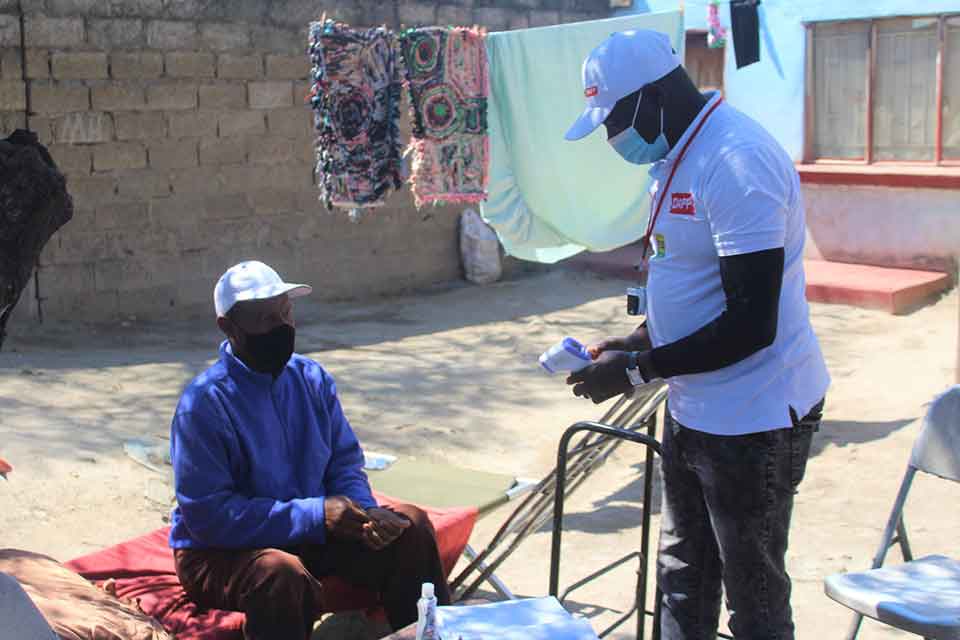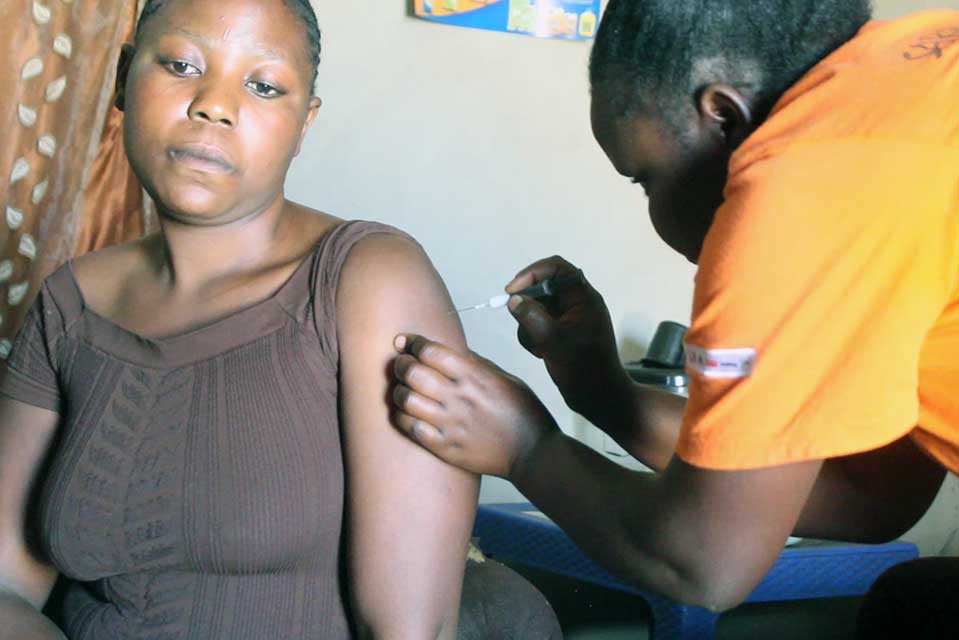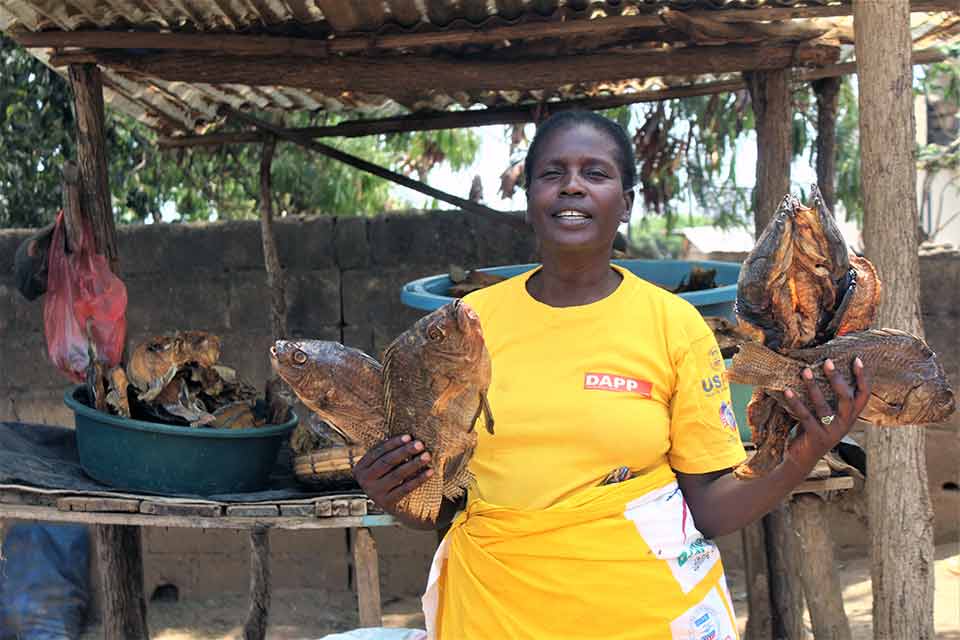Small holder farmers are integral to solving the world’s environmental and social crisis, a vital driving force towards environmentally sustainable and socially fair agriculture systems. When conditions allow for them to earn a living, they stay on the land, and they protect it. The land is the foundation for their livelihoods and their culture.
DAPP Zambia is implementing the Drought Recovery Programme to strengthen the livelihoods, nutrition and climate resilience of smallholder farmers affected by severe drought in three districts of Southern Province.
The project launched in 2024 to respond to the severe droughts through restoring farmers’ agricultural production and supporting their...
The Enhancing Livelihoods and Smallholder Agriculture Market (ELSAM) programme works closely with local communities to support smallholder farmers in solving everyday challenges, such as access to markets, farming inputs, financial support and the knowledge gap on improved farming methods.
Through this programme, DAPP Zambia is reaching over...
The Alternative to Charcoal, A2C project aims to mitigate the negative impact of reduced charcoal consumption in urban areas on rural households that rely on charcoal for income.
We are working with over 9,000 community members, including over 600 charcoal producers organised in Farmers’ Clubs. We are promoting agricultural value chains as an...
The Young Farmers’ Clubs is a DAPP initiative that started in 2016 to target young people and motivate them to venture into agriculture to become self-reliant.
With the slogan: “Proud to be rural,” the model is designed to spark young peoples’ interest and passion in agriculture through bringing them together in peer groups to learn together, share...
The Enhancing Sustainable, Inclusive Resilience and Nutrition (ESIRN) project builds the capacity of vulnerable smallholder farmers in Zambia, especially women and youth, to withstand climate shocks, increase agricultural productivity and improve nutrition.
DAPP is implementing this project in two districts of Eastern province, reaching 3,000...
The Smallholder Farmer Support Programme brings rural farmers together in Farmers’ Clubs for them to improve their agricultural production and create resilience against the effects of climate change in regions where insufficient rainfall is a recurring issue.
Working with over 10,000 farmers through established Farmers' Clubs across these areas,...
Smallholder farmers are potential engines for economic growth – they are key to building sustainable food systems, advancing food security and achieving Zero Hunger.
FtMA has adopted a demand-led approach that puts empowerment of farmers at the heart of its work. This is achieved by building a network of self-sustaining Farmer Service Centre’s (FSCs)...
DAPP Zambia implemented the Integrated Nutrition and Smallholder Farmer Support project aimed at reducing malnutrition, stunted growth and to increase food security as well as improve resilience against the effects of climate change between 2019 and 2022.
The project integrated agriculture and nutrition activities such as promoting diversified...
























